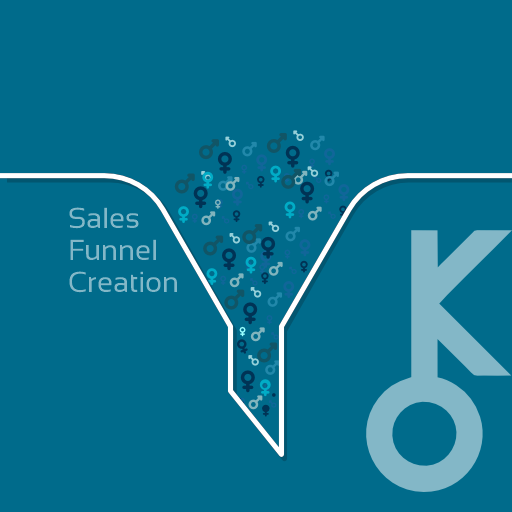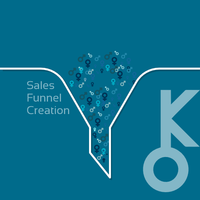Sales Funnel Strategies

Sales funnel strategies are a key component of any successful marketing campaign. A sales funnel is a visual representation of the different stages that a potential customer goes through before making a purchase. By understanding and optimizing each stage of the sales funnel, businesses can increase their conversion rates and drive more revenue.
1. Awareness Stage:
The first stage of the sales funnel is the awareness stage. In this stage, potential customers become aware of your product or service through various marketing channels such as social media, search engines, online ads, or word-of-mouth referrals. The goal at this stage is to attract as many qualified leads as possible by creating compelling and relevant content.
2. Interest Stage:
Once potential customers are aware of your product or service, they enter the interest stage. In this stage, they begin to show genuine interest in what you have to offer and actively seek more information about it. Marketers can respond to this interest by providing informative content such as blog posts, videos, webinars, and case studies that highlight the benefits and features of their offerings.
3. Consideration Stage:
During the consideration stage, potential customers evaluate your product or service against other alternatives in the market. At this point, it's essential for marketers to address any objections or concerns that may arise and provide evidence of how their offering stands out from competitors'. This can be done through reviews, testimonials from satisfied customers, comparison charts or pricing plans designed specifically for different segments.
4. Decision Stage:
In the decision stage, potential customers are ready to make a purchasing decision but might need an additional push in order to convert into paying customers. Marketers can incentivize these prospects by offering free trials or demos with limited-time discounts or bonuses included during checkout processes like using coupon codes (applied automatically) so it reduces friction related tasks when filling forms on websites where those require user registration details if applicable. It is important to make the buying process as smooth and easy as possible at this stage.
5. Action Stage:
The final stage of the sales funnel is the action stage, where potential customers actually make a purchase. At this point, it's crucial to provide clear instructions on how to proceed with the purchase, including payment options and any necessary forms or agreements that need to be filled out. Additionally, cultivating customer loyalty after a sale can lead to word-of-mouth referrals and repeat business.
By understanding each stage of the sales funnel and implementing appropriate strategies for attracting and converting leads, businesses can maximize their sales revenue while providing a positive customer experience throughout the journey from awareness to action.
Sponsored
Sponsored
Sponsored
Explore More:

The Impact of AI and Machine Learning
As technology continues to advance at a rapid pace, businesses are constantly looking...

Future of Sales Funnels
The future of sales funnels is an exciting and promising concept for businesses...

Lessons Learned from Failed Funnels
In the realm of sales funnel creation, case studies serve as valuable resources...

Successful Sales Funnel Examples
In sales funnel creation, case studies play a crucial role in demonstrating the...

Case Studies in Sales Funnel Creation
In the world of sales and marketing, case studies play a crucial role...

Sales Funnel Recovery Strategies
Sales funnels are a critical component of any successful sales and marketing strategy....

Improving Funnel Efficiency
A sales funnel is a crucial component of any business's marketing strategy. It...

Identifying Funnel Leaks
A sales funnel is a systematic approach to guiding potential customers through a...

Sales Funnel Troubleshooting
Sales funnel troubleshooting is the process of identifying and resolving issues or bottlenecks...

Sales Funnel Tools and Software: Landing Page Builders
Sales funnels are essential in driving conversions and increasing revenue for businesses. To...

Sales Funnel Tools and Software: Email Marketing Tools
Sales funnel tools and software refer to the various technologies and platforms available...

Sales Funnel Tools and Software: CRM Software
Sales funnel tools are software programs or applications designed to help businesses track...

Sales Funnel Tools and Software
A sales funnel is a framework used by businesses to guide potential customers...

Measuring Sales Funnel Performance: Analytics and Reporting
Measuring sales funnel performance analytics and reporting is a crucial aspect of any...

Measuring Sales Funnel Performance: Sales Funnel Metrics
Measuring the performance of your sales funnel is crucial for understanding the effectiveness...

Measuring Sales Funnel Performance: Key Performance Indicators (KPIs)
Measuring the performance of a sales funnel is crucial for any business aiming...